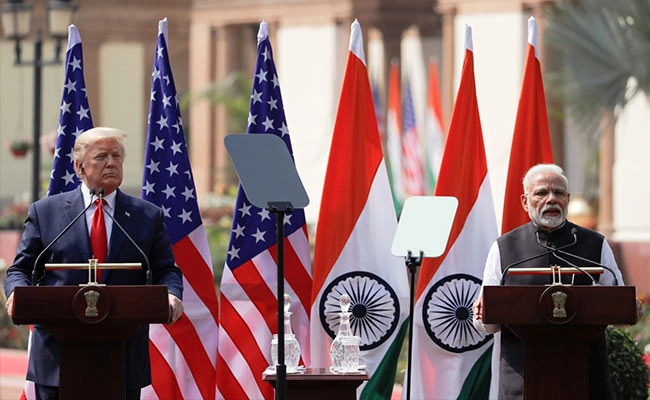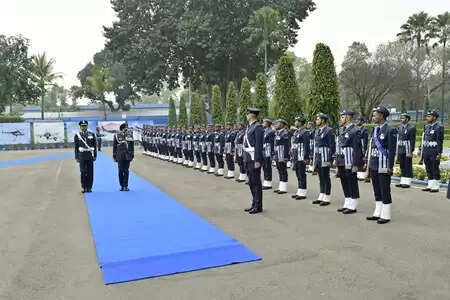NATO’s Secretary-General has issued a stark warning regarding the implications of Russia’s trade activities, particularly for nations like Beijing and Delhi. As geopolitical tensions continue to escalate, the intertwining of global economies with Russia’s trade practices poses significant risks. These concerns are particularly relevant for major cities in Asia, where economic interdependence can lead to unforeseen consequences in the face of shifting alliances and international policies. The warning underscores the need for vigilance among nations that may unwittingly become entangled in Russia’s economic maneuvers.
The Secretary-General’s statement highlights the potential repercussions for countries that maintain close trade relations with Russia. Beijing and Delhi, as two of the largest and most influential cities in Asia, are at a crossroads where their economic decisions could have far-reaching effects not only on their own markets but also on global stability. As Russia seeks to bolster its economy amid ongoing sanctions and international isolation, it may turn to these nations for support. This scenario raises questions about the ethical implications of such alliances and the potential backlash from Western powers.
Moreover, the warning serves as a reminder that economic cooperation can serve as a double-edged sword. For Beijing and Delhi, engaging in trade with Russia might seem beneficial in the short term, but the long-term consequences could be detrimental. This is particularly relevant in a world where international relations are increasingly defined by a balance of power, and countries must navigate complex dynamics to protect their interests. Nations are urged to carefully consider their diplomatic relationships and economic partnerships, as aligning with Russia could invite scrutiny and potential repercussions from Western nations.
In conclusion, the NATO Chief’s warning is a clarion call for vigilance among countries like China and India as they navigate their trade relationships with Russia. The interconnectedness of global economies means that decisions made today will have lasting implications for the future. As geopolitical landscapes shift and evolve, it is crucial for nations to weigh the benefits of trade against the potential risks of aligning with a country facing widespread condemnation and isolation. The path forward must be approached with caution, recognizing the delicate balance of international relations and the potential for unforeseen consequences in an increasingly polarized world.




